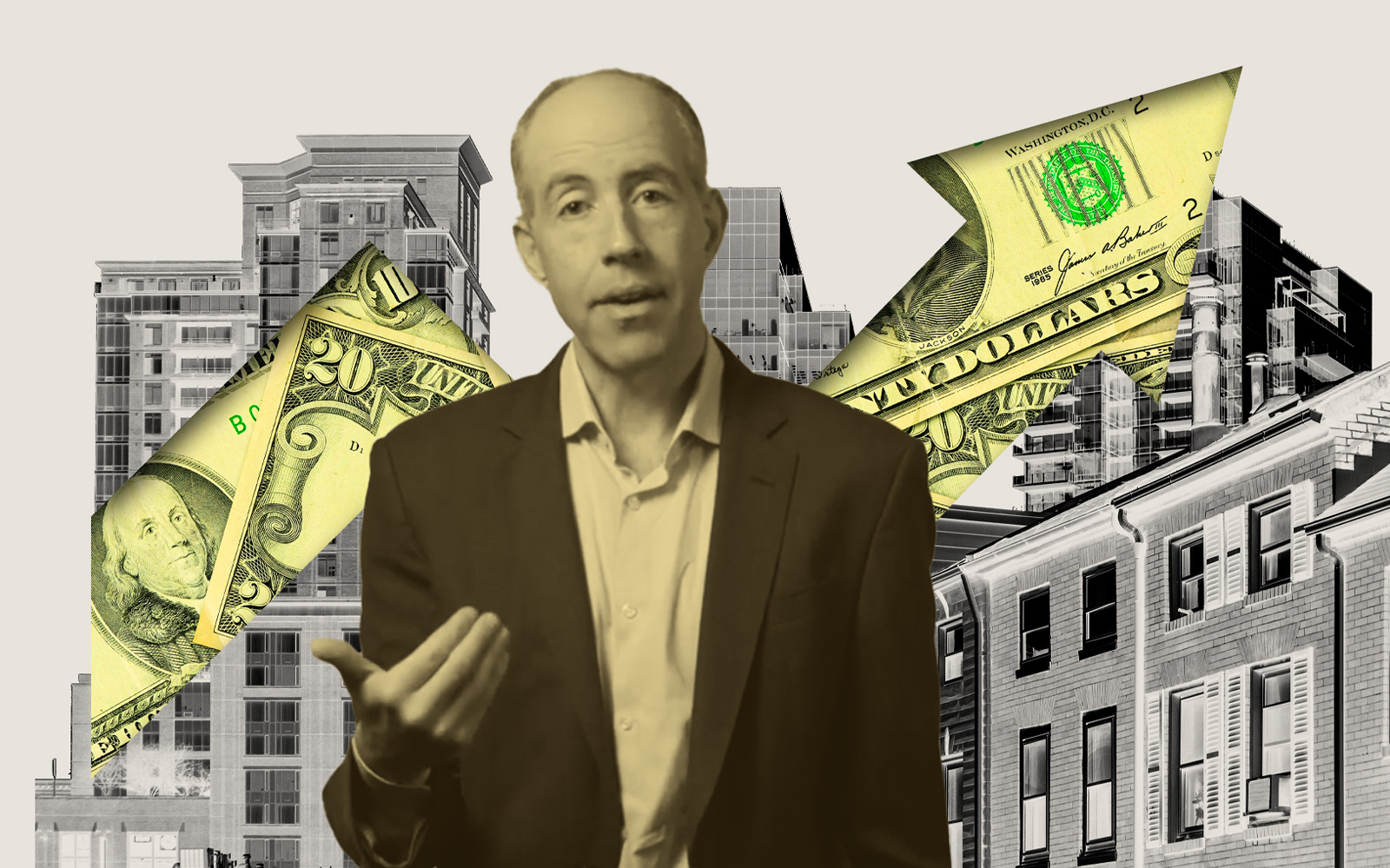When the Supreme Court on Monday declined to hear a challenge to New York’s rent stabilization, the case that struggling landlords saw as the best shot at salvation ended with a whimper.
The landlord groups behind the suit hoped the high court would strike down New York rent stabilization, forcing a reworking of the law. Instead they did not even get an explanation for the rejection.
Their case simply didn’t make the cut.
“It’s like when you go out for varsity and you go to the list and it’s like, oh, you’re not there,” said Jay Martin, who heads the Community Housing Improvement Program, one of the groups that sued. The Rent Stabilization Association was another.
By and large, landlords were less surprised than “disappointed.” They understood the odds were never in their favor.
“Statistically speaking, it was always a long shot,” said one city landlord, who asked for anonymity given the controversial nature of the rent law. The Supreme Court receives about 7,000 petitions every year; only 100 or so are heard.
Still, some owners had allowed themselves a cautious optimism. The court’s conservative makeup, coupled with a favorable ruling it handed property owners in 2021, fueled that hope.
“There is a strong sentiment that believes we will make it there,” Barberry Rose Management’s Lewis Barnabel told The Real Deal last month.
“And if we get in front of the Supreme Court, I think we’ll win some things,” he added.
CHIP and RSA based their petition on the 2021 ruling. They argued rent stabilization amounted to an unlawful taking of property without compensation, stating the law forces landlords to provide public assistance to tenants through capped rents, lease renewals and succession rights.
On the heels of the defeat, landlords are regrouping, focusing on two cases that the high court has yet to consider, and possible legislative changes that could ease the burden of the 2019 rent law.
The pending cases address the 2019 legislation specifically. Owners fault the law for wrapping a tourniquet around revenues just months before Covid sapped rent collections, housing courts shuttered, expenses and interest rates surged and rent relief fell short or backfired on landlords.
“I still know people who haven’t collected rent since before the pandemic,” said Ann Korchak of the Small Property Owners of New York.
Korchak was among the “disappointed” cohort, but, noting the revenue struggles, said, “I’m a little angry, too.”
The Supreme Court’s decision not to reject the two petitions when it denied the RSA and CHIP challenge could be a sign that the court did not view those cases as “slam dunk denials,” said Zachary Rothken, an attorney with Rosenberg & Estis.
“They left it open for the next conference,” he said. “We’ll see.”
Still, the Supreme Court has not been keen to take up rent control cases in the past. The Legal Aid Society, which opposed RSA and CHIP’s case, indicated on Monday that it hopes the two outstanding petitions will also fail.
Absent a rescue from the Supreme Court or dramatic changes in Albany, owners who are staring down debt deadlines will need to walk away from their properties, said Robert Gilman, who heads Anchin’s real estate group.
“There’s going to be a lot of situations where they are not going to be able to refinance,” he said. “They are going to hand back the keys.”
CHIP, meanwhile, is re-channeling its energy from litigation to a push for legislative change, working to pass a bill that would let owners raise rents after renovating units coming off long-term tenancies.
“This industry cannot continue to rely on lawsuits to save us,” Martin said, though he added that CHIP hadn’t ruled out additional suits.
CHIP’s bill, when it was introduced last summer, spurred an uproar among tenant activists. Housing Justice For All’s Cea Weaver tweeted it would “gut rent stabilization/super-charge rent hikes,” and persuaded a handful of elected officials to drop their sponsorship.
Martin characterized the lost support as “not really that big of a deal.”
While the group continues to lobby for that legislation, Martin said it will also work with lawmakers to change the “unfair” property tax system, landlords’ biggest revenue suck, and address the rising cost of insurance.
Some owners, including the city landlord who requested anonymity, believed legislative change could be a more direct route to mitigate the impact of the rent law.
The landlord said a Supreme Court ruling on the CHIP and RSA case might have increased uncertainty about rent stabilization as legislators would have had to interpret the ruling, then draft legislative changes.
Another landlord who asked not to be named said he did not hold much hope for legislative fixes. In fact, landlords are still waiting to see if Gov. Kathy Hochul will sign a pair of measures that could trigger large rent-overcharge judgments and close off one of the few avenues left for landlords to deregulate apartments.
“I just don’t see the legislature doing anything until they see buildings literally falling apart,” the landlord said. “If the governor signs those two bills, it is just going to be another nail in the coffin.”
Read more



